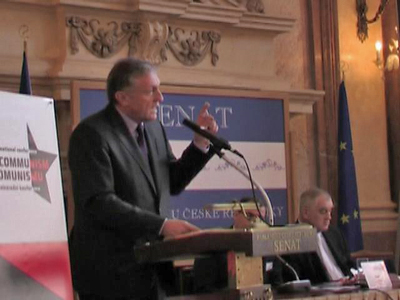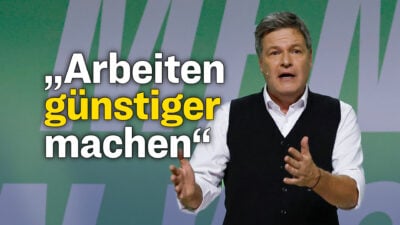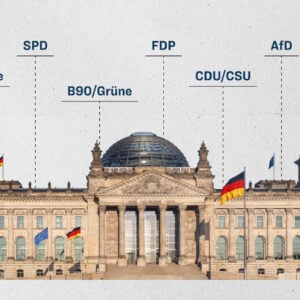
Prague: International Conference on Crimes of Communism

A conference on the crimes of former communist regimes took place in the Senate of the Czech Parliament in Prague last week.
Held by the Czech government and the Institute for the Study of Totalitarian Regimes, the conference’s focus is primarily on former communist regimes of the European Eastern Bloc.
Most of the speakers are from former Eastern Bloc countries but a few are from Sweden, Finland and the U.S.
[Jiri Liska, Vice-Chairman, Czech Senate]:
“The purpose of the conference is to remind people of the crimes of communism because although it seems that communism in the world has collapsed, the consequences the world is carrying from that time when many countries were under communist rule are still here. So it is necessary to remind ourselves of these crimes and to try to come to terms with them and show what was wrong to prevent something similar from being repeated.”
Conference speakers agree that Europe should condemn communism the same way it has condemned Nazism.
[Jiri Liska,Vice-Chairman, Czech Senate]:
“Primarily, Europe should understand that communism was a really criminal regime and I think that Western Europe does not fully grasp that and that leftist movements or leftist thoughts in Europe generally have quite a strong influence — and therefore, it is difficult for Europe to come to terms with communism.”
One former Czech Premier reflects on why the communist party came to power in 1948 in the former Czechoslovakia.
[Mirek Topolanek, Former Premier, Czech Republic]:
“We sold out our souls when we, while still free citizens, agreed to a deal with the Devil. What was seemingly favorable was in reality a deceitful exchange. We exchanged eternal moral principles for a crust of bread — and this was the first tragic step.”
The conference is linked to the resolution of the European Parliament which condemned crimes of totalitarian authoritarian regimes last year.
 Foto: NTDTV
Foto: NTDTV



























vielen Dank, dass Sie unseren Kommentar-Bereich nutzen.
Bitte verzichten Sie auf Unterstellungen, Schimpfworte, aggressive Formulierungen und Werbe-Links. Solche Kommentare werden wir nicht veröffentlichen. Dies umfasst ebenso abschweifende Kommentare, die keinen konkreten Bezug zum jeweiligen Artikel haben. Viele Kommentare waren bisher schon anregend und auf die Themen bezogen. Wir bitten Sie um eine Qualität, die den Artikeln entspricht, so haben wir alle etwas davon.
Da wir die Verantwortung für jeden veröffentlichten Kommentar tragen, geben wir Kommentare erst nach einer Prüfung frei. Je nach Aufkommen kann es deswegen zu zeitlichen Verzögerungen kommen.
Ihre Epoch Times - Redaktion